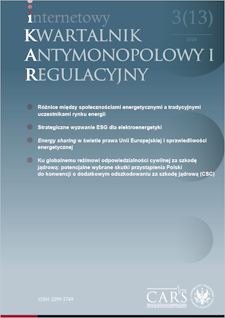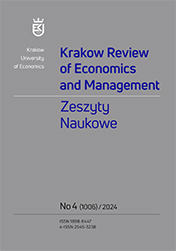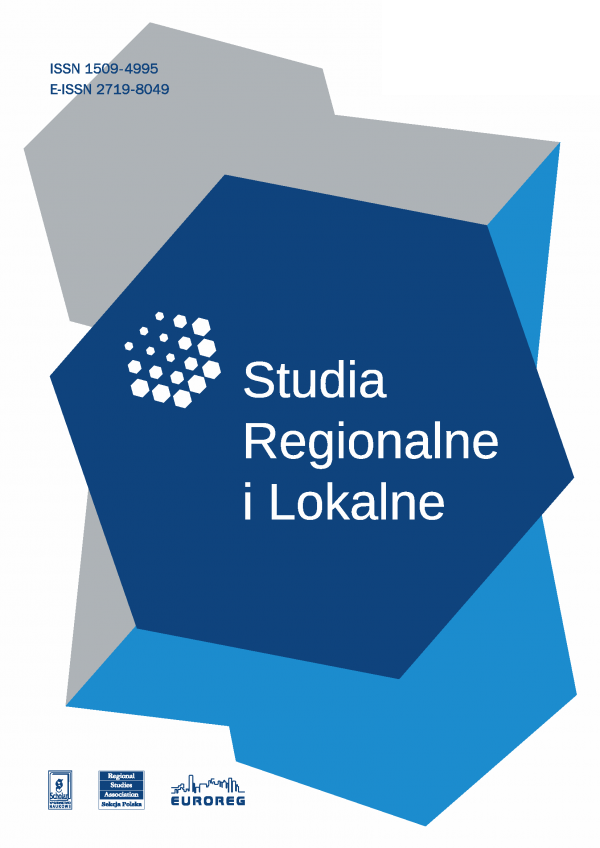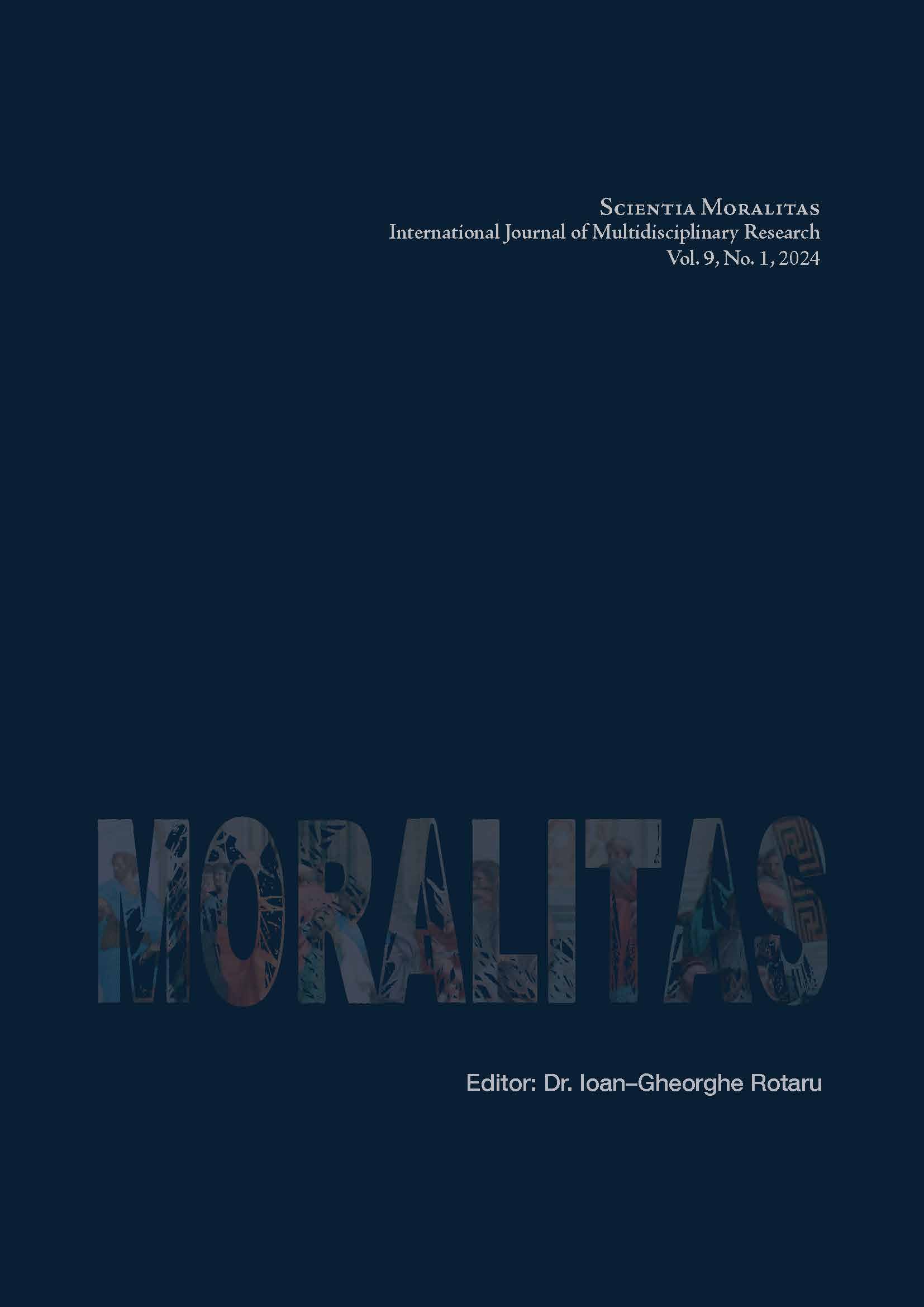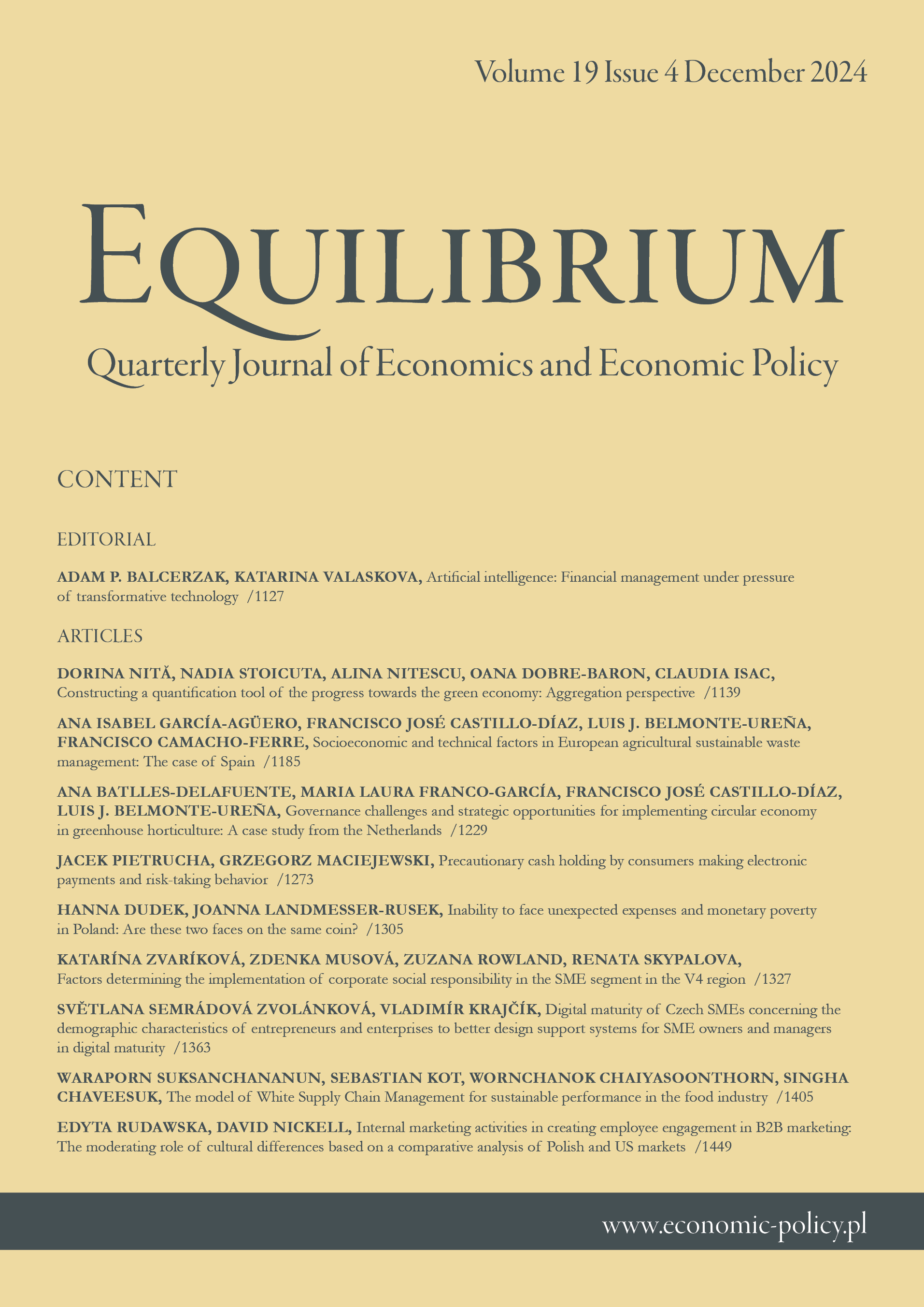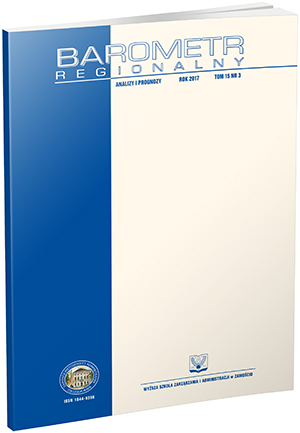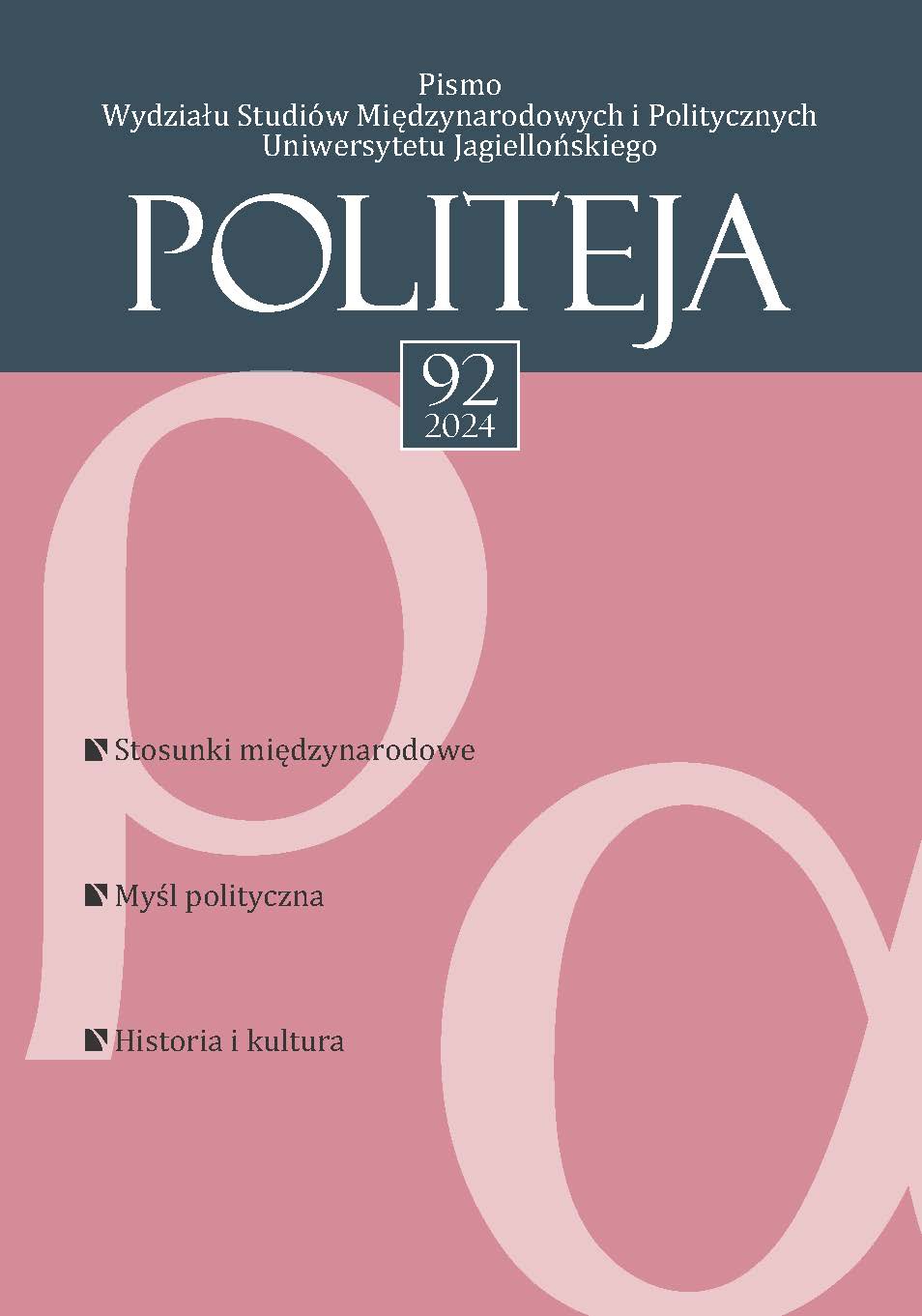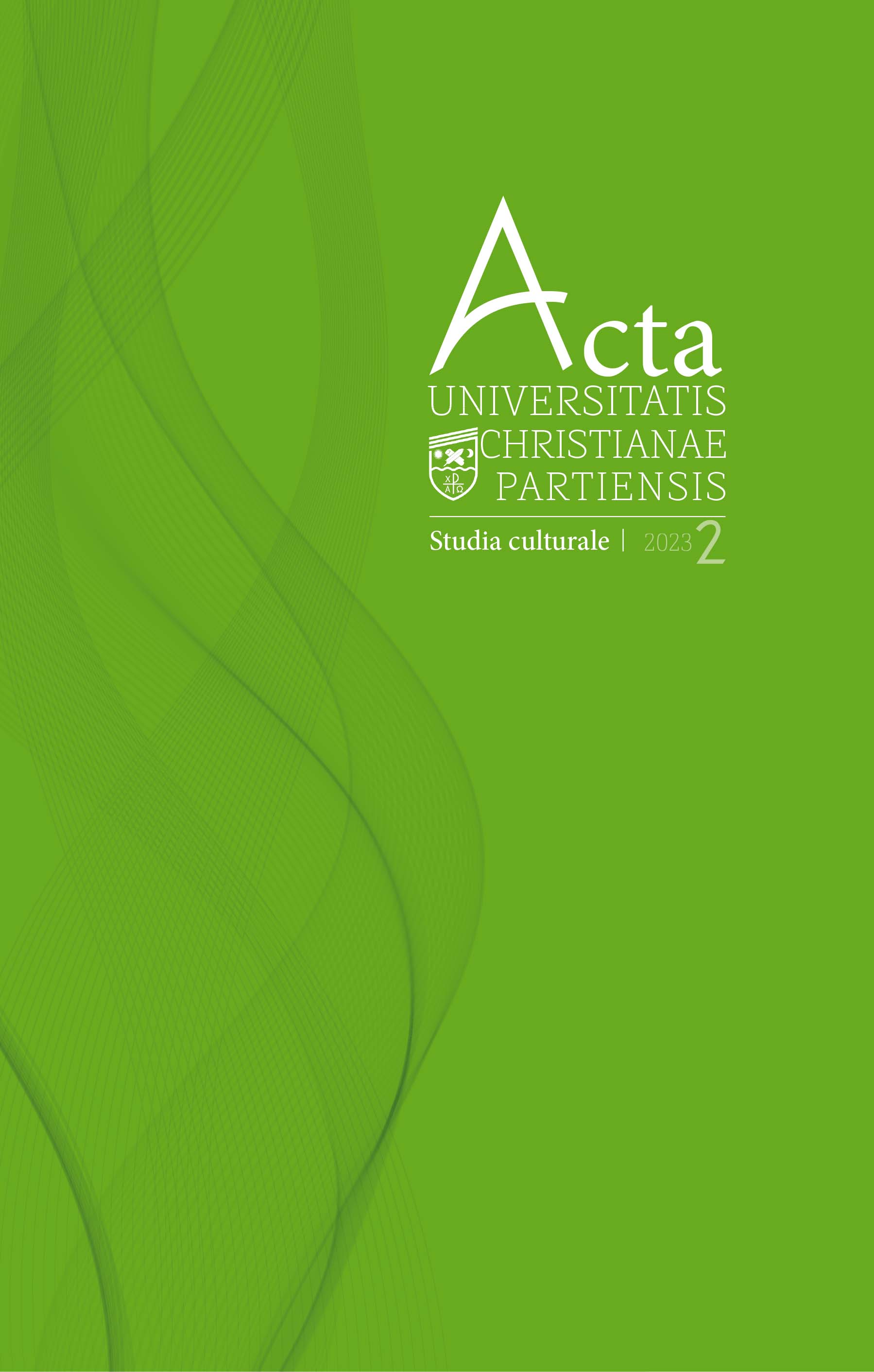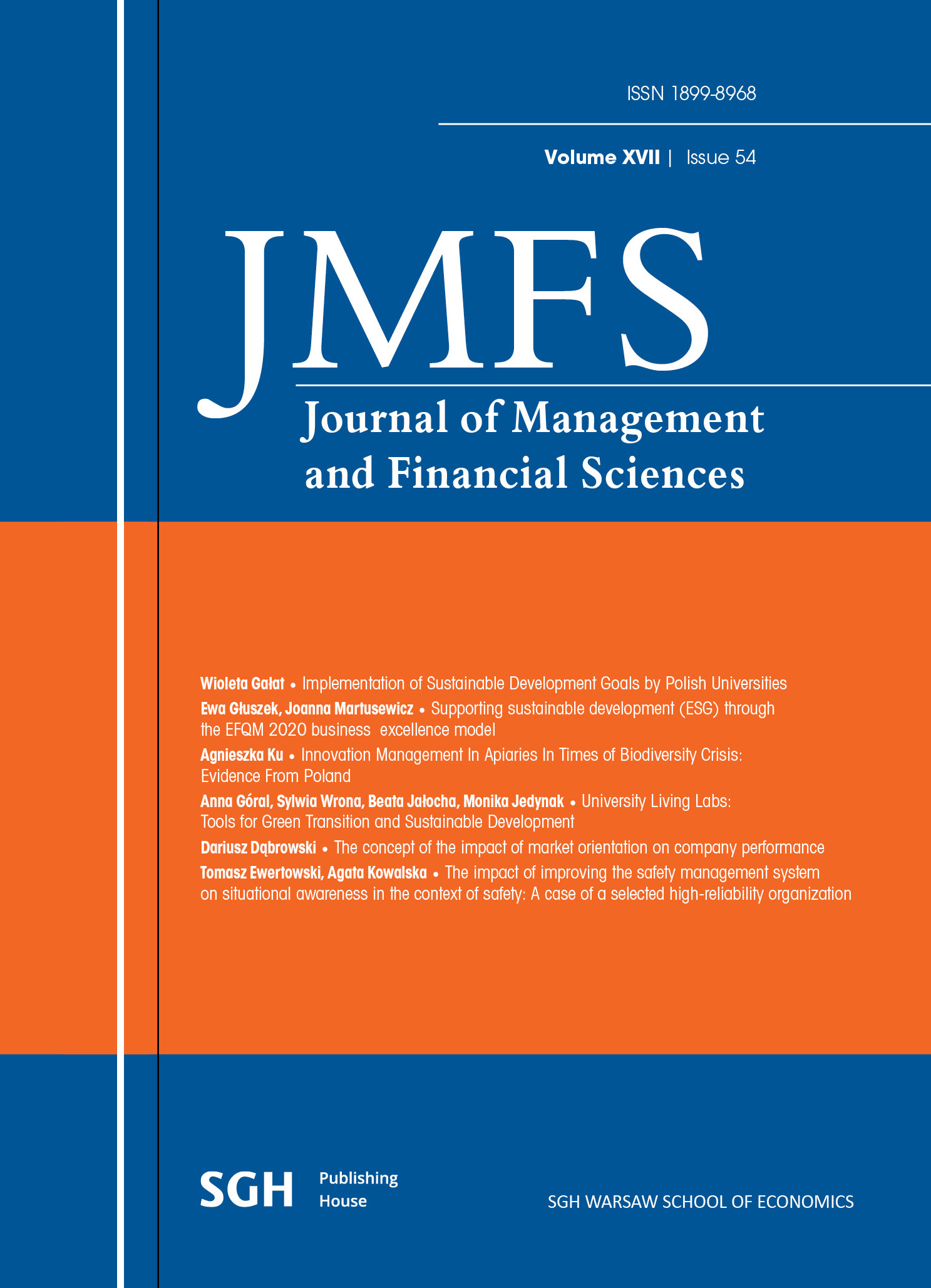
Green transformational leadership as a foundation for implementing green strategic orientations and the development of green innovation and green performance
Objective: The objective of the article is to examine the influence of green transformational leadership ongreen entrepreneurial and green market orientations, which, in turn, affect green innovation. Moreover, thearticle analyses the relationship between green innovation and green performance.Research Design & Methods: We used a quantitative research design. We applied a 37-item survey to a sam-ple of 398 small, medium, and large companies in the industrial and service sectors of Mexico. We analysedthe results using the partial least squares structural equation modelling approach.Findings: Green transformational leadership has a strong influence on green entrepreneurial and green mar-ket orientation. Besides, only green entrepreneurial orientation positively influences green innovation. Finally,there is a relationship between green innovation and green performance.Implications & Recommendations: Theoretical implications support most of the arguments put forth invarious studies. However, the context can modify the behaviour of the studied relationships. The resultsprovide arguments for adopting a sustainable view of activities within organisations, leading to improvedperformance and the achievement of competitive advantages.Contribution & Value Added: The main contribution of this article is that it demonstrates the importanceof green transformational leadership as an element that allows the development of green entrepreneurialorientation and green market orientation, which stimulate green innovation. Likewise, the context doesinfluence the behaviour of the observed variables.
More...
